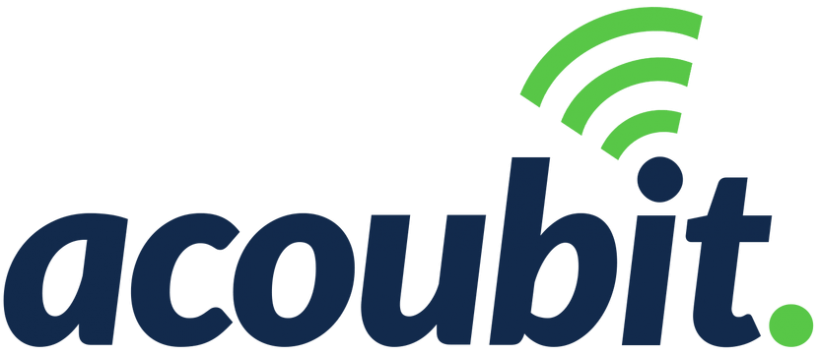Wireless underwater communications company Acoubit was voted most improved startup by its peers in Dartmouth-based Start-Up Yard last week, winning a $1000 Air Canada gift card.
While the gift card will prove useful, Co-Founder Colin Ross said he really hopes his pitch at the Start-Up Yard Demo Day will lead to partnerships. Specifically, he is looking for a partner that could get his prototype acoustic transmitter on an underwater autonomous vehicle, or UAV, to demonstrate the product in a real-world environment.
“We really need to prove the technology under different conditions,” said Ross. “So having access to working with a larger company to get the technology out there, deploy it and actually test it would be the next big step for us.”
Acoubit is designing a low-power, compact acoustic transmitter for undersea apparatus, such as oil and gas extraction monitoring sensors or UAVs. Low power is important because of limited battery capacity for underwater equipment, the high cost to replace deployed underwater sensors, and the expense of downtime for UAVs.
The company was founded by Ross and partner Tejinder Sandhu in June 2018 and works out of Start-Up Yard, the home for young OceanTech companies at the Centre for Ocean Ventures and Entrepreneurship, or COVE, in Dartmouth. Ross said he plans to use the $1000 Air Canada gift card to attend ocean technology conferences, so he can network partnerships to get his technology tested in the field.
Start-Up Yard Seeks More Ocean Innovators.
“The benefit to the end user is that they spend less time and money having to go out, using an expensive vessel, a full crew, to go down, pull the sensor up, replace the battery and then deploy it again,” said Ross. “Our goal is to have them out there longer, collecting data.”
Ross said working out of COVE has been a huge advantage for the budding company. COVE’s in-house machine shop, Precise Design Engineering Solutions, built the casing for Acoubit’s hardware and transmitter.
“The other companies [at COVE] have been absolutely amazing to work with,” said Ross. “So, you see a lot of collaboration happening within the Start-Up Yard companies, just amongst themselves, and then overall with the other SMEs and larger companies that are located here. So that atmosphere is really a great thing to be a part of.”
Acoubit hasn’t raised capital by selling any equity yet. Its funding has come from non-dilutive, government-supported programs like Innovacorp’s Accelerate Program.
The Accelerate Program, which awards about $50,000 to each winner, got Acoubit’s first prototype in the water, and now the company is working on developing its second-generation prototype. That prototype will be built and ready for testing in three or four months, said Ross.
Acoubit has three employees – Ross and Sandhu, and a recently hired engineer, specializing in software to hardware interfacing. Ross said they are planning to hire a business manager to develop the company’s growth strategy.
Ross has been handling the business and entrepreneurial aspects of Acoubit, but said it’s important for him to focus on the technology, and to have an expert to manage the company’s growth.










